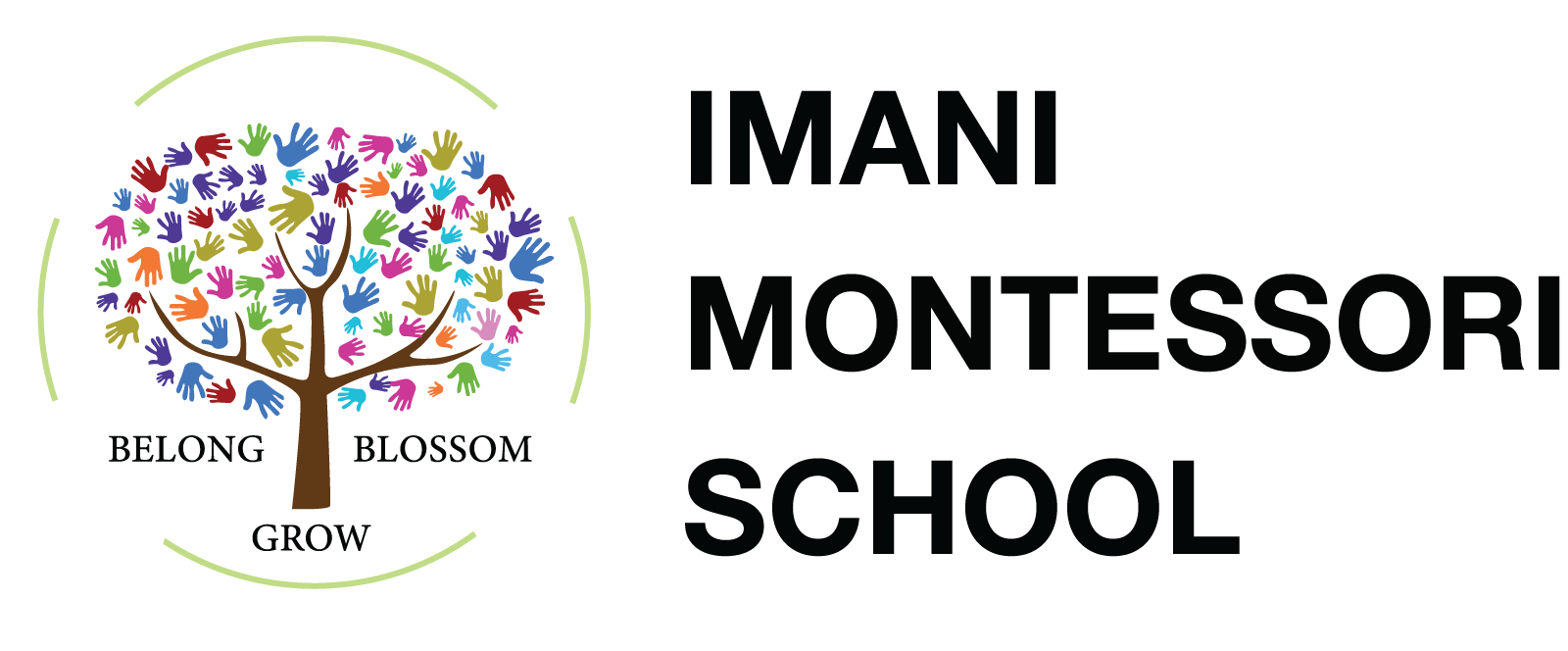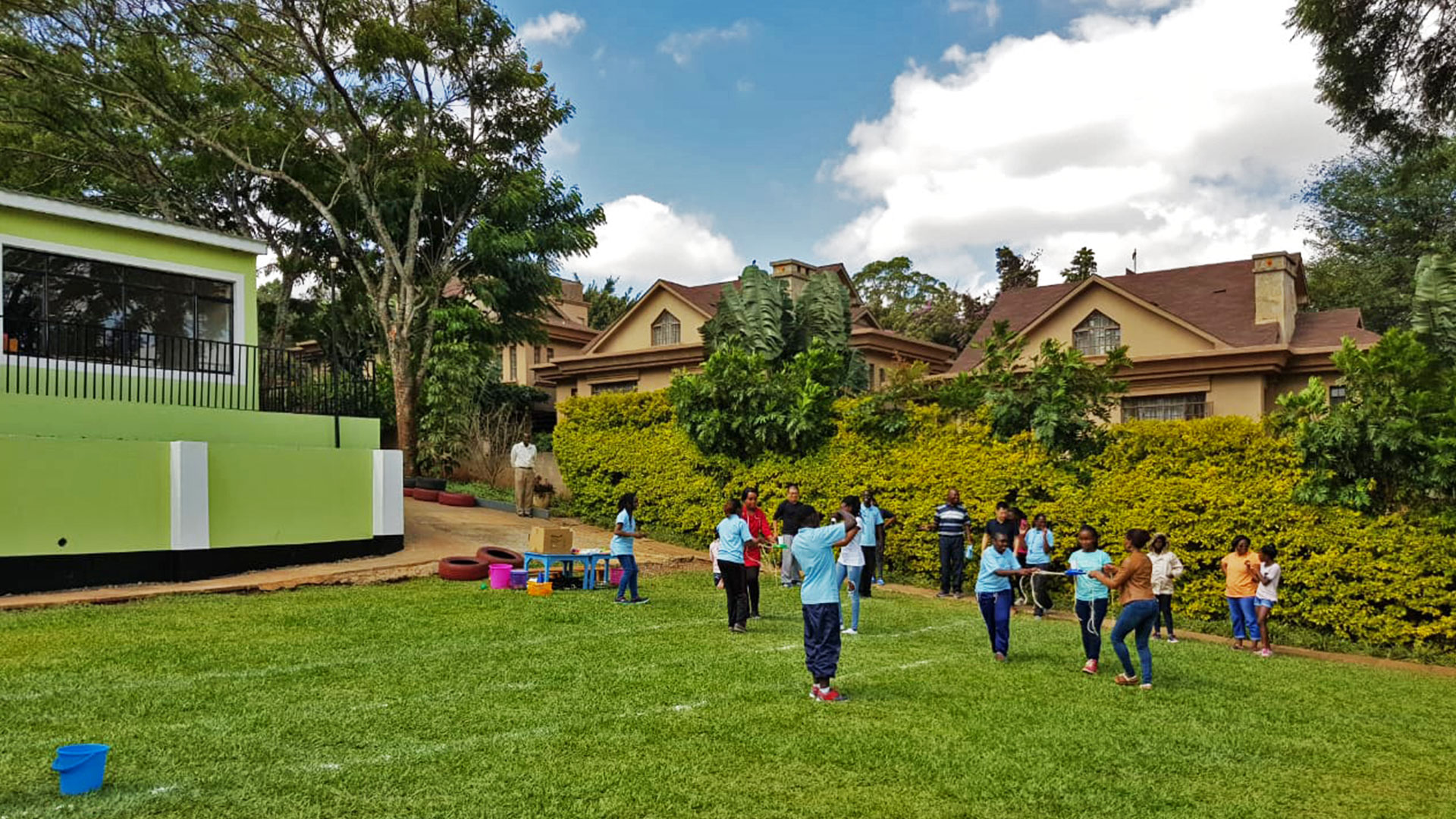It takes a village to raise a child. You’ve probably heard that statement before. It is a popular proverb with a simple message: everyone in the community has an important role to play in the development of its youth. Parents and family members more so play a vital role in a child’s education. It is their duty to help the process of wholesome growth and development in their children.
In the past, parent involvement was mostly characterized by PTA meetings and fundraising. Today, the old model has been replaced with a much more communal based approach: school-family partnerships now include both parents, guardians and other relatives to student achievement and school success.
How do parents and families get involved? A research-based framework, developed at Johns Hopkins University, describes six types of involvement:
- parenting,
- communicating,
- volunteering,
- learning at home,
- decision making,
- and collaborating with the community
These types of involvement offer a broad range of school and family activities that can engage everyone involved and help meet children’s growth and development needs.
Successful school-parent partnerships should not be stand-alone projects or temporary programs. At Imani Montessori School, parent-school-partnerships are integrated within the school’s overall mission, goals and curriculum.
Research and fieldwork show that parent-school-partnerships improve schools, strengthen families, build community support, and boost children’s wholesome growth.


Join the Conversation